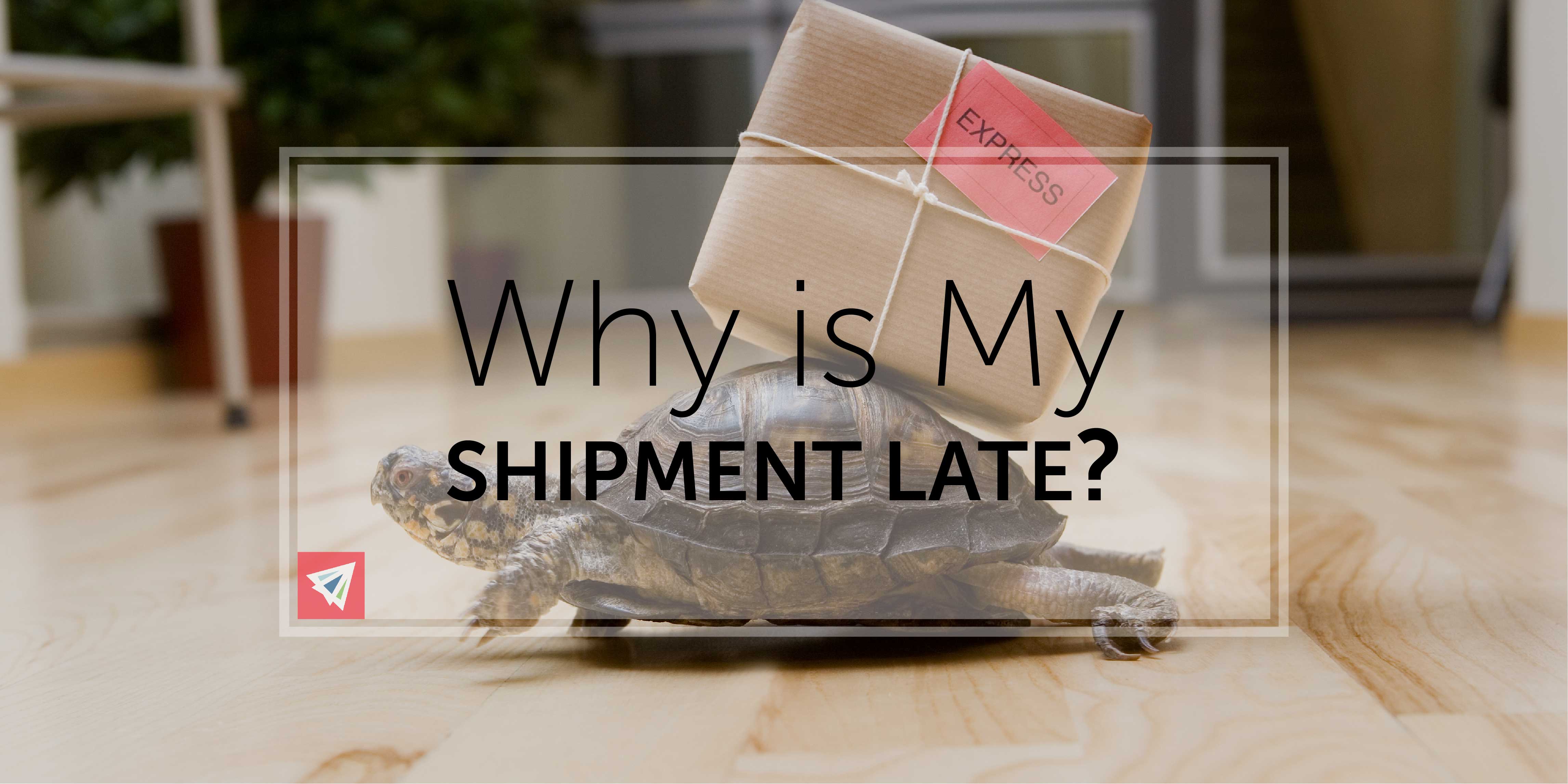No one likes waiting – especially when its thousands of dollars of merchandise. Having a late/delayed shipping container is a stressful occurrence that happens to all of us at one time or another. Sometimes the circumstances are unavoidable, while other times, its due to hick-ups in the process of U.S. importers. A bit of knowledge regarding in inevitable and the controllable factors that contribute to delayed shipments could have you moving your cargo more seamlessly in the future.
Why is My Shipment Late?
We’ve seen shipments come in late for a variety of different reasons. From over 20+ years of experience in the industry, here are the most common reasons we see international shipments delayed:
Customs Inspections
It’s the job of U.S. Customs to protect the country from importing illegal, dangerous, or environmentally harmful materials. While they verify the commodities via labels and shipping documents, a small percentage of containers get pulled for Customs inspections.
Customs agents will occasionally select containers – either randomly or based on the commodity/importer – to be inspected carefully. Depending on the type of inspection, a shipment could be delayed anywhere from hours to a week which could cause you per diem charges. Customs usually inspects in one of three different methods:
- Document Inspection: Customs will review shipment documentation to ensure the cargo is legal and safe for import. This generally takes a few hours.
- Container Walk-Through: Customs will pull the container, open it, and briefly walk through the container to inspect the cargo. This generally takes 1-2 days.
- Thorough Cargo Inspection: Finally, Customs occasionally pulls a container, opens and empties it of all boxes/pallets/etc., and inspects each individual piece to make sure there are no Customs violations in the shipment. This can add anywhere from 2 days to over a week to inspect.
There’s not much that can be done to avoid Customs inspections since they are selected at random. However, keeping a clean shipping record can keep you out of U.S. CBP’s way, as importers with past incidents are more likely to have containers pulled for inspections.
Mode of Shipping
The mode of shipping you select can have a direct impact on the likelihood of a delay. Whether your container is an FCL or LCL shipment will contribute to the speed of shipping and the risk of delay. LCL shipping will take longer due to the need to consolidate and deconsolidate the cargo, as well as the fact that an additional stop point (the CFS) is needed for draymen to go to.
Port Congestion
Port congestion is huge these days – especially at the ports of Long Beach and LA. Vessels are carrying tens of thousands of containers and there aren’t enough truckers and draymen to balance out the need. In addition to this, it takes a lot of time to unload a vessel. If you are experiencing delayed containers all the time, it may be due to port congestion.
While this factor is completely uncontrollable, you can avoid it a bit depending on the ports you ship to. Per the linked article above, we highly recommend avoiding the Long Beach/LA port. The congestion is higher than it’s ever been and you’re sure to encounter long transit times and extra delays due to this.
Truckers
Truckers have been a bottleneck in the transit process for quite some time. Low availability, high booking, labor shortage, and truck failures all can contribute to delayed shipments and increased transit time. Most truckers are booked out weeks or even months in advance, and even at that, truckers make scheduling mistakes all the time. Sometimes it’s unavoidable – just be prepared for potential hickups with truckers during the transportation process.
Conclusion
Hearing about late or delayed international imports is stressful and frustrating. A lot of times, it’s simply out of anyone’s control due to issues with port congestion, failing trucks, or customs inspections. But understanding the purposes that your cargo is delayed can help you in the future. Routing cargo through ports other than the Long Beach and LA port can lighten the port congestion issues. Additionally, considering a switch from LCL freight to FCL shipping can reduce transit time.
If you are continually having issues with delayed or late shipments, the issues are probably due to more than just coincidence. It may be time to discuss whether or not finding a new freight forwarder is worth it for your business. Give one of our team members a call! We are happy to help whenever we can.
